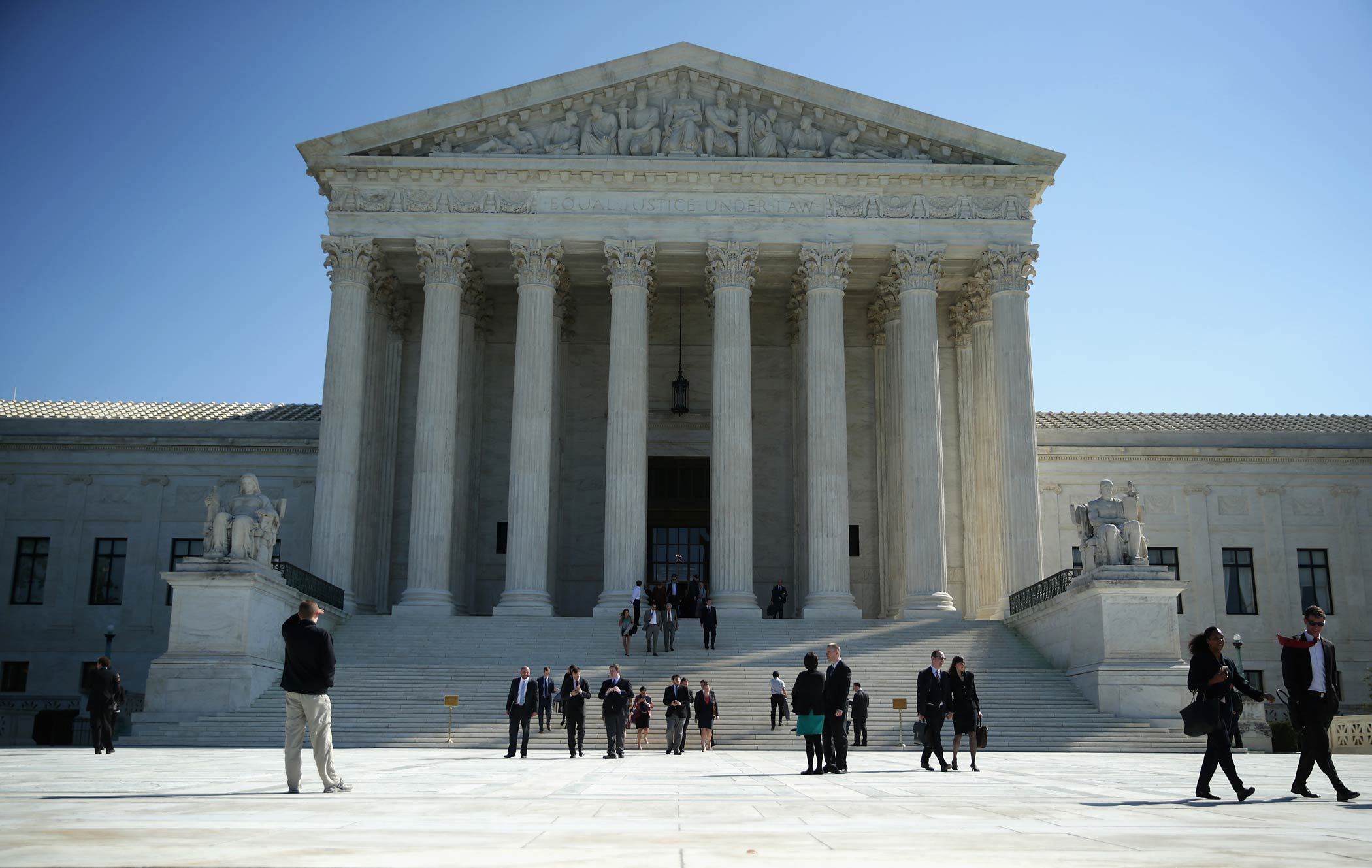
MOUNT PLEASANT, Iowa—The U.S. Supreme Court’s expected decision this spring that gay couples have a constitutional right to marry will, for most, mark the end of a decades-long culture war.
But a small circle of Christian activists aren’t giving up yet — and they are already winning over some Republican presidential candidates to their last-ditch effort. Resting their hopes on an effort to redefine the role of the federal judiciary, the activists’ argument takes on a central tenet of modern American politics: that the Supreme Court has the final say on what is the law of the land.
“There are three branches of government,” Andrew Schlafly, a lawyer and conservative activist, told TIME in an interview. “If the Supreme Court overreaches on an issue, the other two branches are there to check and balance it. The Supreme Court can make that decision, but it can’t enforce its own orders in a state. That’s up to the Legislative and Executive branches.”
It’s an argument with a long history in American politics, Schlafly says. He cites the Supreme Court’s 1857 decision in the infamous Dred Scott case, which found that freed slaves were not American citizens and therefore had no standing to sue in court. “The Republican Party said no, we’re not going to go along with that,” Schlafly said. “And the next President was Abraham Lincoln and he did not enforce it.”
Most mainstream constitutional scholars find that argument confounding at best, with criticism from both liberal groups and the conservative Federalist Society.
“It was established a long, long time ago that the federal judiciary has the power to interpret our Constitution and to determine what government actions are constitutional and what are unconstitutional,” said Jeremy Leaming of the progressive American Constitution Society for Law and Policy. “This is pretty basic law-school type of stuff.”
If the Supreme Court decides that same-sex-marriage bans violate the 14th Amendment’s Equal Protection Clause, then that’s the end of the story, he added. “States can’t choose and pick which parts of the Constitution to uphold and which not to.”
But regardless of how the argument is received in legal circles, it’s already having a significant effect on the Republican presidential primary, where a number of candidates are working overtime to earn the support of social conservatives who are opposed to same-sex marriage.
Last week in Iowa, where evangelical voters hold particular sway, former Arkansas governor Mike Huckabee emphatically argued that the high court’s ruling would not be the end of the debate.
“There is no such thing as judicial supremacy,” he said at an event organized by the conservative Family Leader group. He added that “unelected black-robed judges” can overturn laws, but even when they do, “then it goes to the legislature and the Executive Branch.”
After a speech at the same summit, former Pennsylvania Senator Rick Santorum told TIME that he agrees with Huckabee. “The idea that the courts can just wave their magic wands and not only invalidate laws but pass new ones is a novel concept in the concept of judicial review,” he said. “The courts in my opinion have far exceeded their Article III authority and they need to be pushed back upon by both the Executive and the Congress.”
Texas Senator Ted Cruz, who has argued nine times before the Supreme Court, stopped short of saying that as President he would refuse to enforce a high court decision that found same-sex-marriage bans unconstitutional, but he wrote in a paper provided to the Conservative Republicans of Texas that he would denounce such a ruling “for what it is. Lawless activism, subverting the Constitution.” He also called on conservatives to support a constitutional amendment defining marriage as “limited to one man and one woman” and to consider removing any Supreme Court justice that had “disrespected marriage.”
Silent No More: Early Days in the Fight for Gay Rights

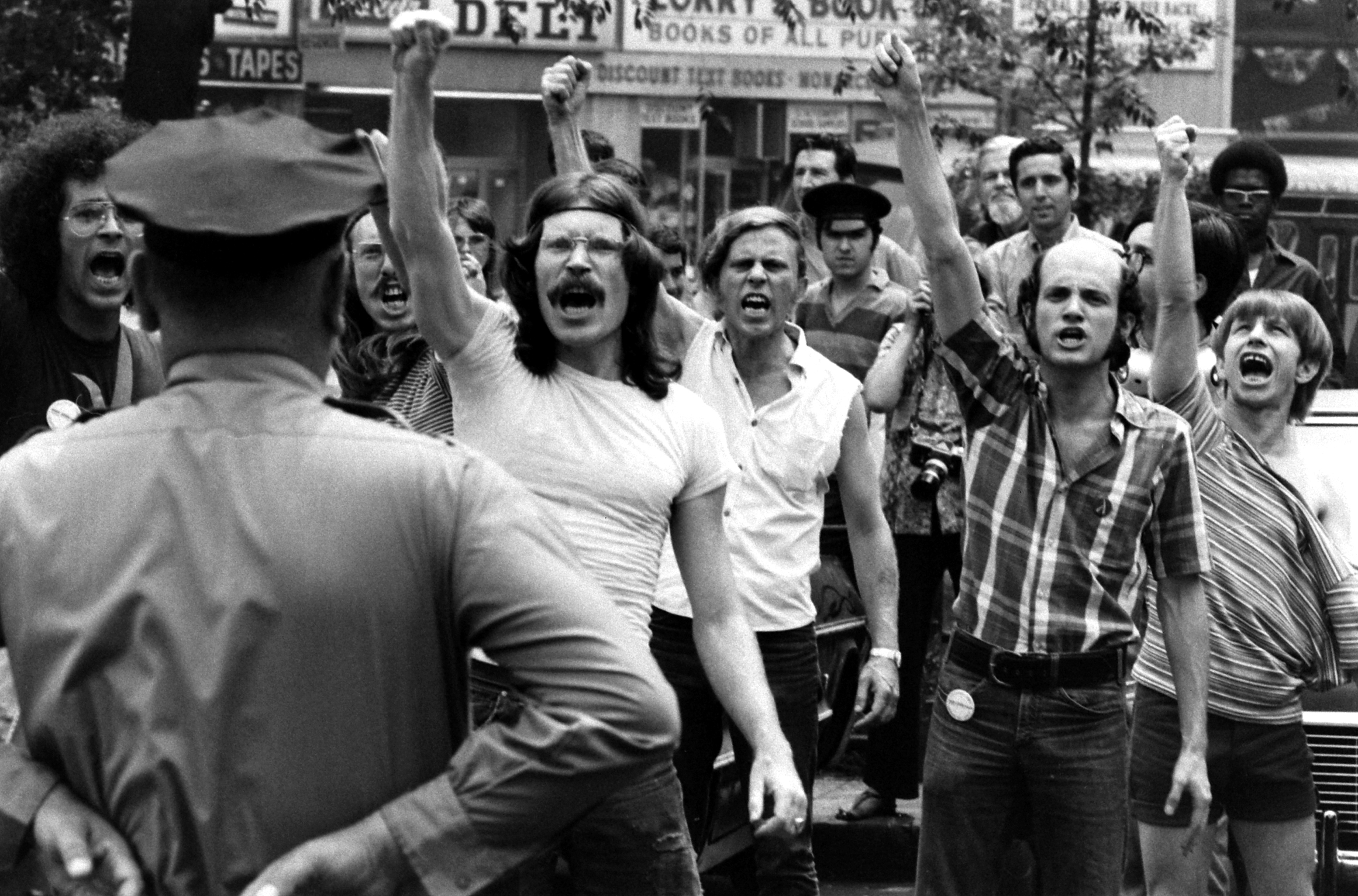
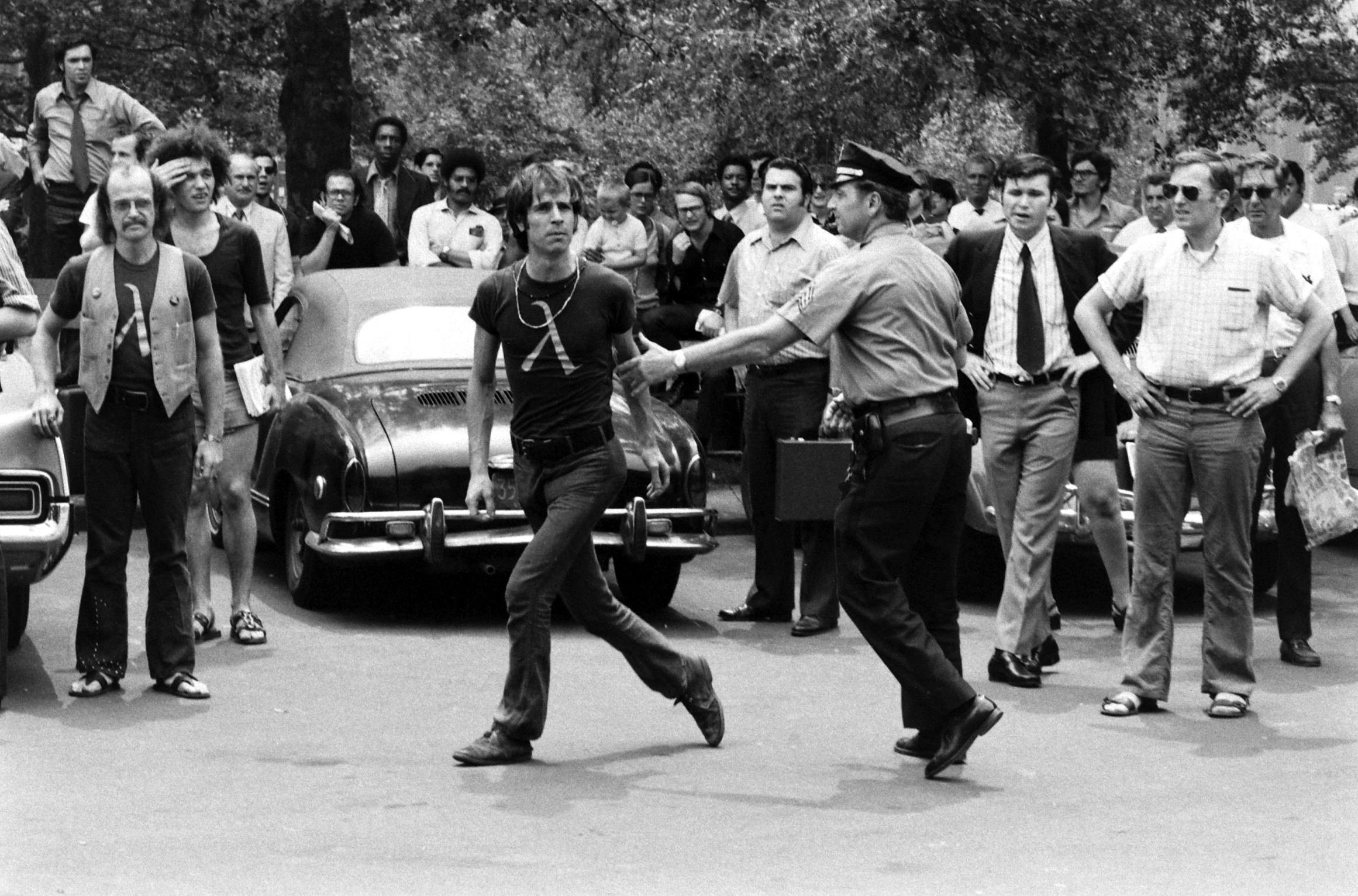

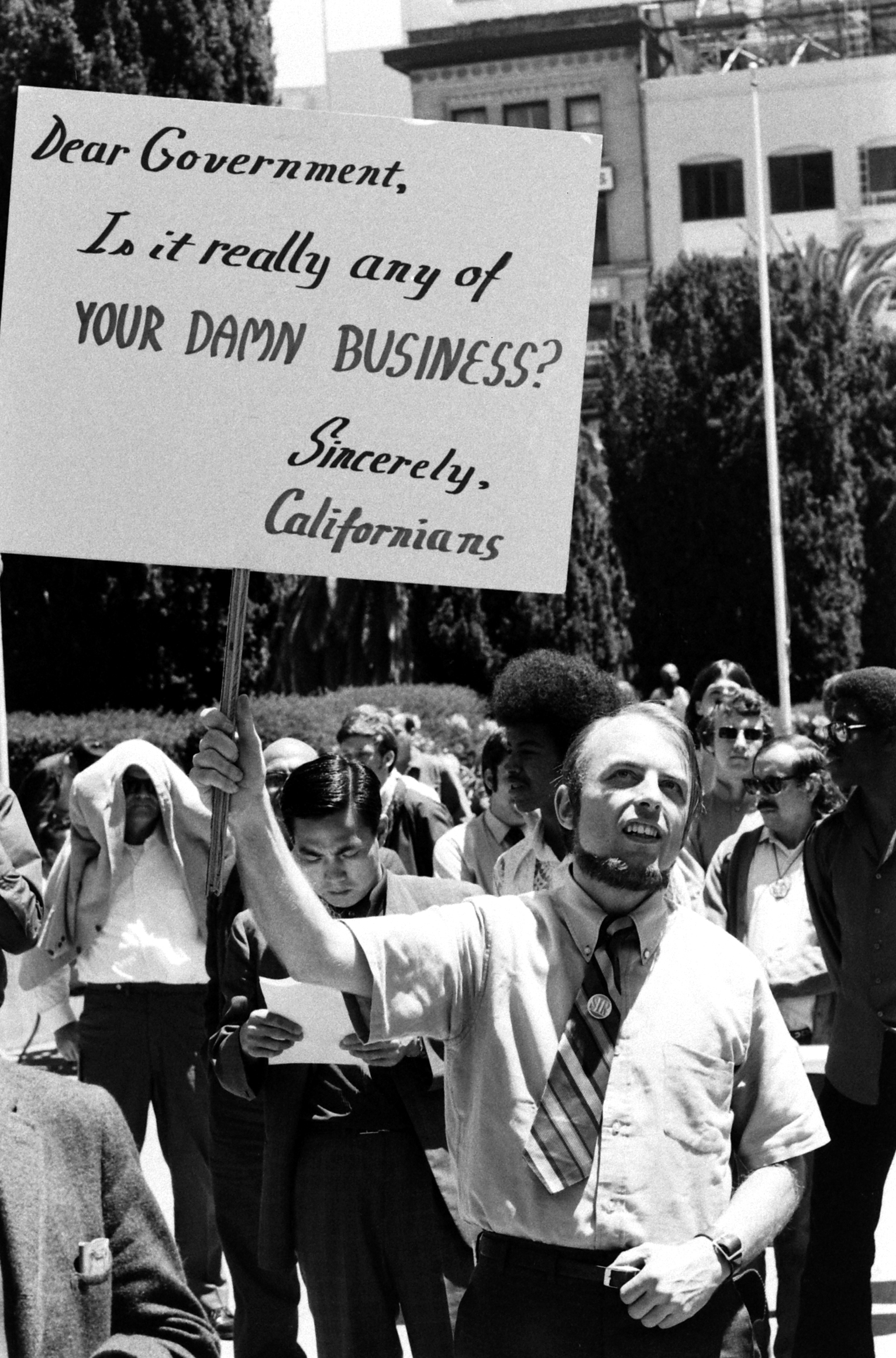
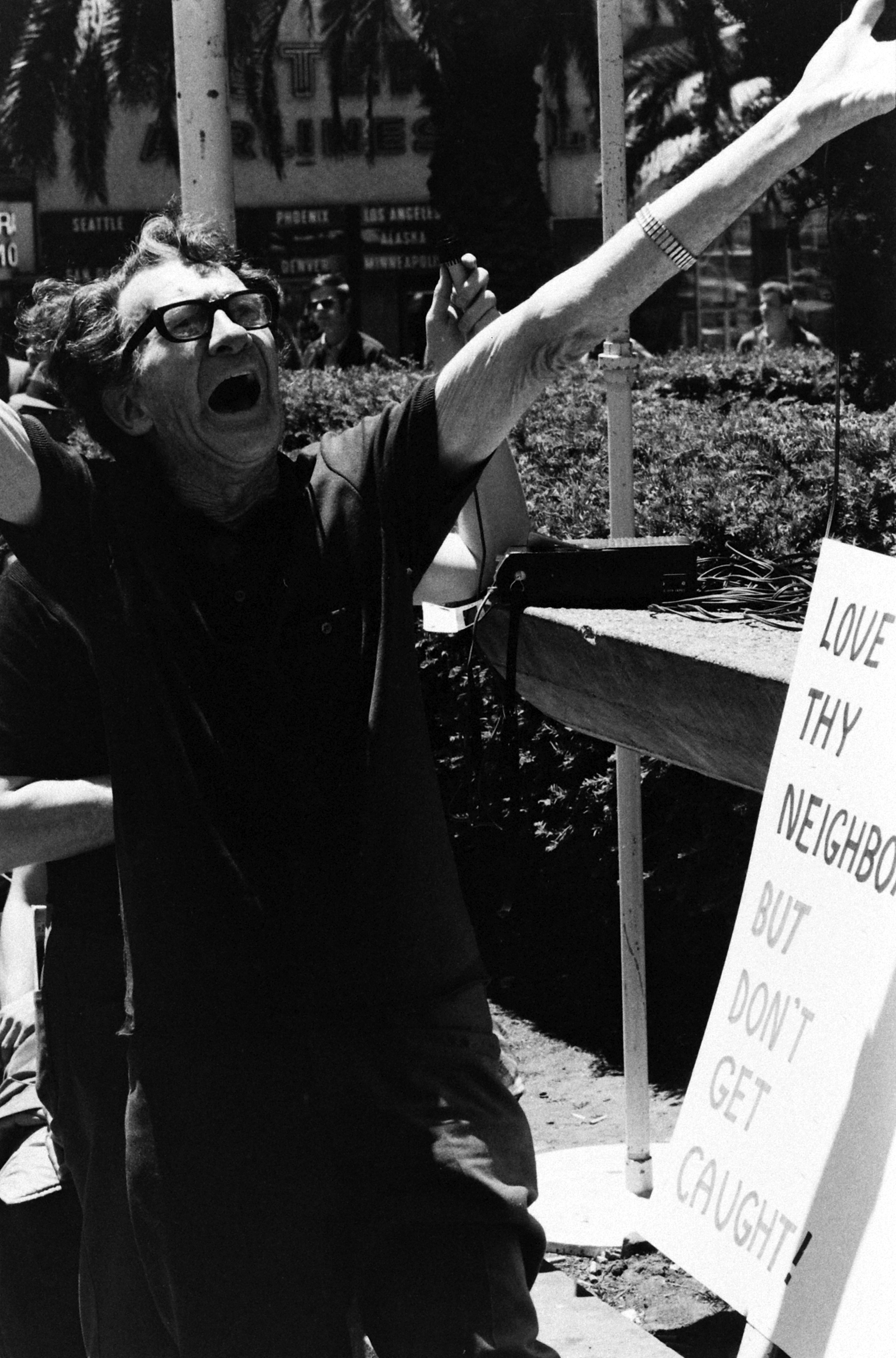
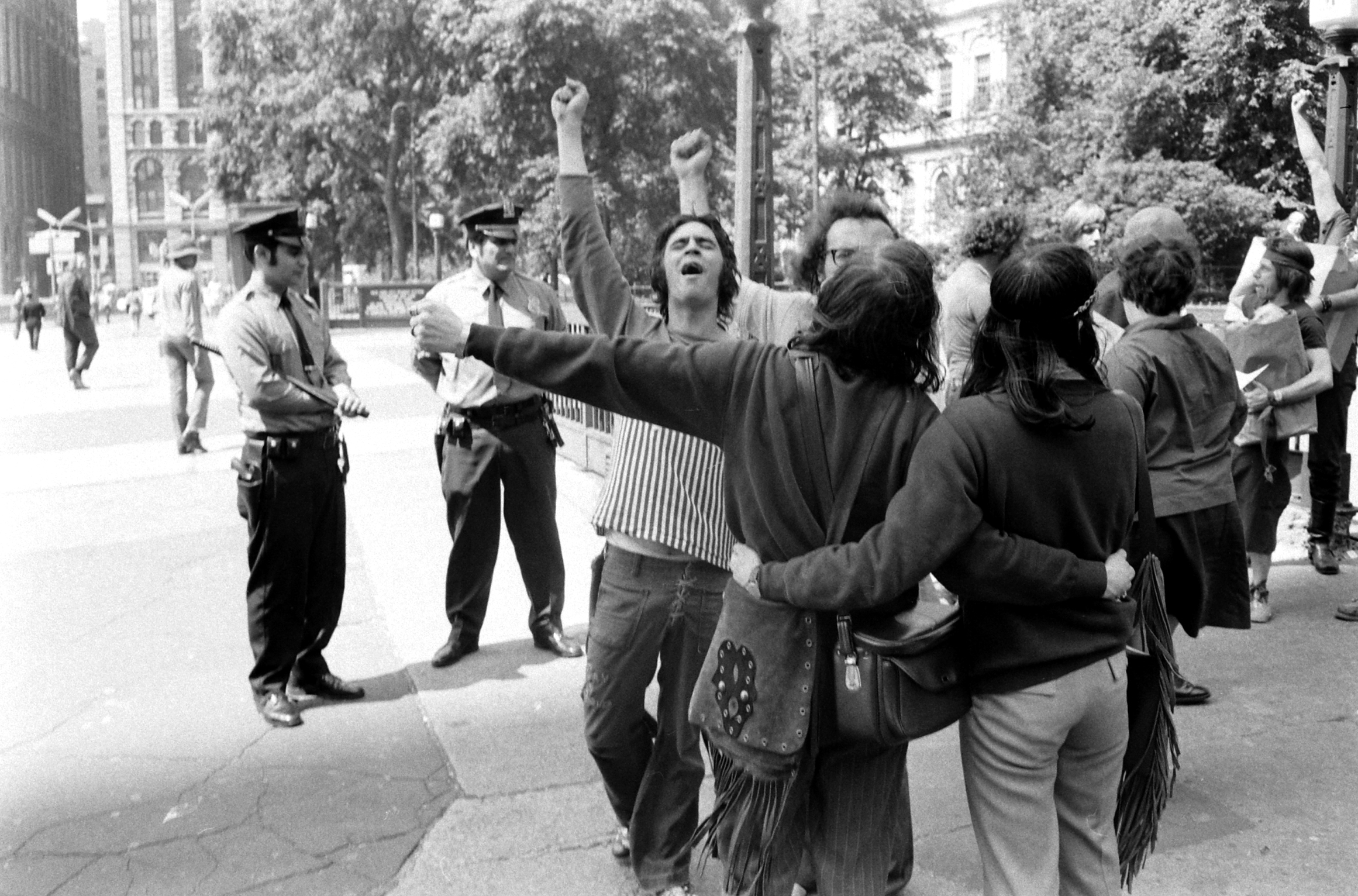

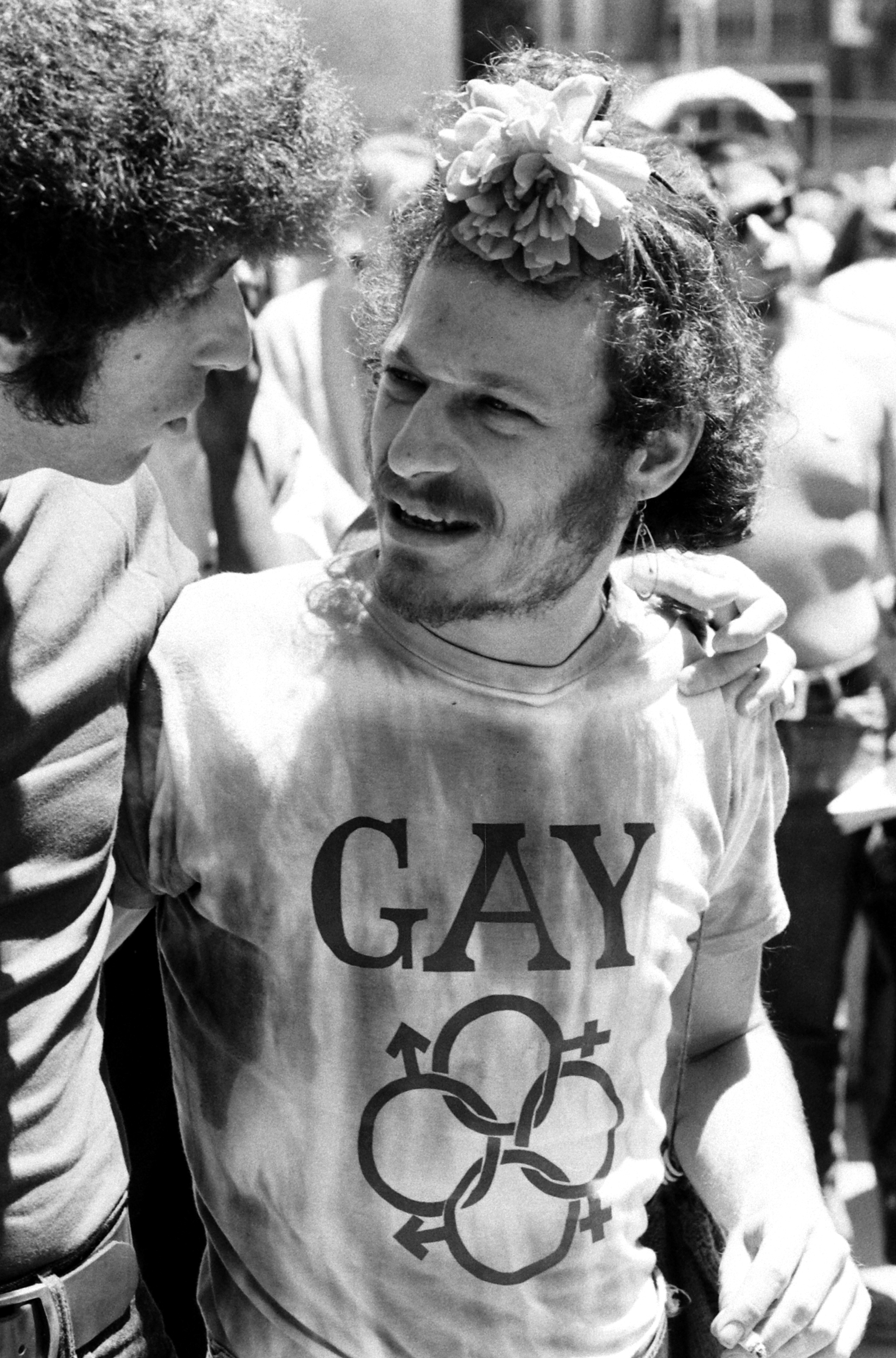





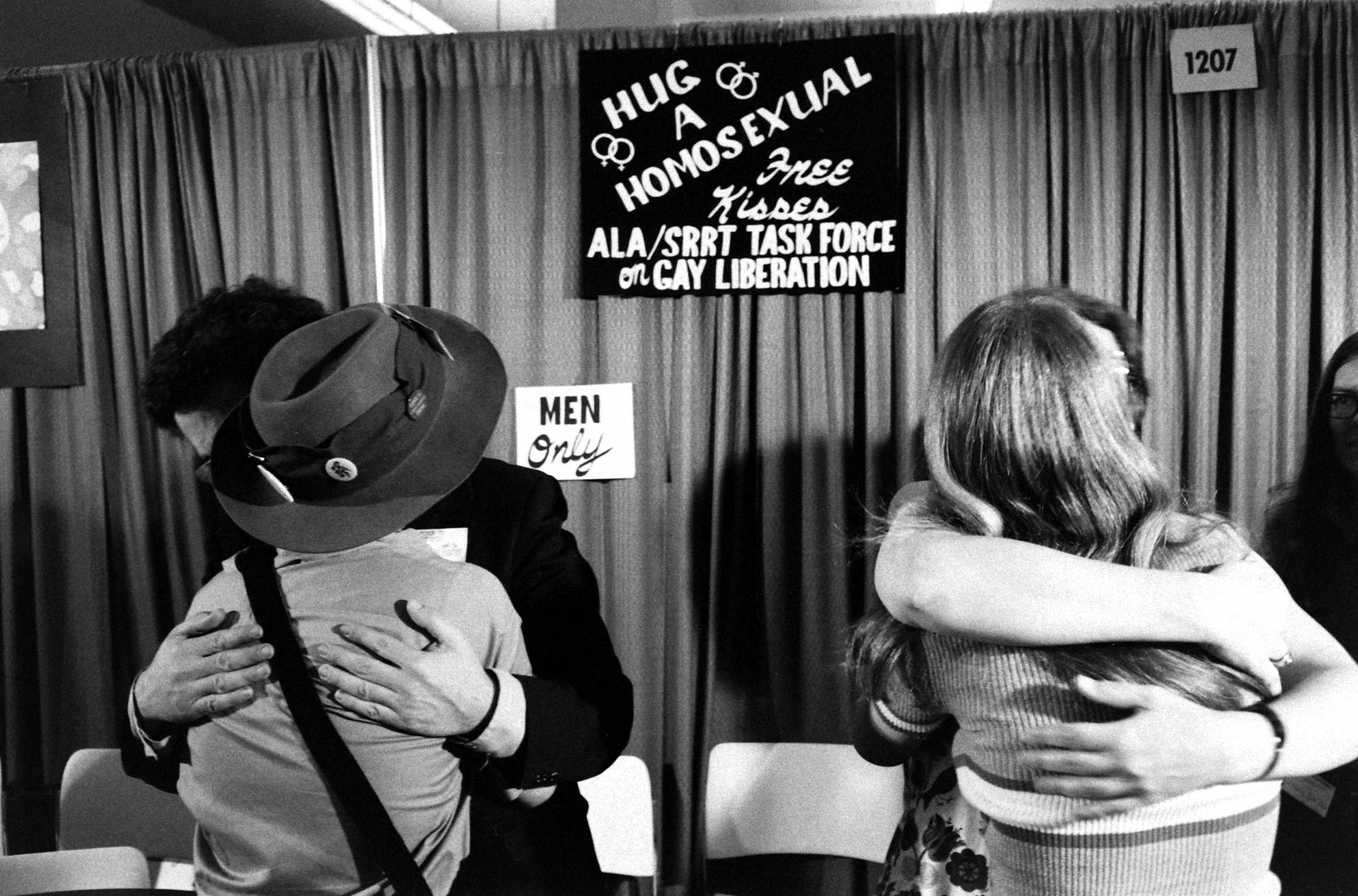
Florida Senator Marco Rubio has walked a similar tightrope. “Of course, court rulings must be respected, but it is the duty of the President to defend the Constitution, even when the courts won’t,” he wrote in a statement to Iowa conservative radio host Steve Deace.
Kentucky Senator Rand Paul did not say that he would ignore a Supreme Court decision but called for term limits on “out of control, unelected federal judges.”
Other Republican presidential candidates have chosen to take a different route, noting their disagreement with state and federal courts’ pro-gay-marriage decisions without actively trying to undermine them.
New Jersey Governor Chris Christie said gay marriage was a “settled issue” in his state, while Wisconsin Governor Scott Walker said court rulings must be respected. Both dropped appeals in their home states after losing same-sex-marriage cases. “For us, it’s over in Wisconsin,” Walker told reporters last fall. “The federal courts have ruled that this decision by this court of appeals decision is the law of the land, and we will be upholding it.”
After a Florida court declared same-sex marriage legal, former governor Jeb Bush said, “We live in a democracy, and regardless of our disagreements, we have to respect the rule of law.” All three governors have faced tough questions from some evangelical voters after conceding the fight.
Schlafly predicted that those candidates would lose support from the conservative Christian base in a Republican primary.
“I think voters are going to be extremely interested in whether a candidate is willing to stand up against overreach by the federal courts on marriage,” he said. “I think it will be a big issue — I think it will be the biggest issue.”
The Supreme Court’s decision on gay marriage promises to have particular salience in the first caucus state of Iowa, where a powerful evangelical bloc has long pushed back against the idea of judges defining marriage laws. After the state supreme court ruled in favor of gay marriage in 2009, conservative activists led a successful campaign to deny three justices another term on the bench.
Some conservatives in Iowa are now hoping for a similar backlash against a federal decision. “It’s the Congress that makes the law, it’s the President that executes the law, it’s the people that can amend the Constitution,” said Iowa conservative activist Bob Vander Plaats, who hosted Huckabee, Jindal, Santorum and Texas Governor Rick Perry. “The courts don’t get to do any of those.”
Last month, Deace, the Iowa radio host, asked a slice of the broad field of potential Republican candidates — Cruz, Huckabee, Walker, Perry, Paul, Rubio, Santorum, Ben Carson, Bobby Jindal and Donald Trump — to respond to an essay by John C. Eastman, a conservative professor of law, in which he made the case for ignoring a Supreme Court decision that found same-sex-marriage bans unconstitutional.
Perry, Trump and Jindal did not respond to Deace’s query. Jindal told TIME that he would wait for the court’s decision before weighing in on potential next steps.
Constitutional lawyers on both sides of the ideological divide have pushed back against these arguments. “It’s just fantastical to point to Dred Scott and the Civil War in reference to these cases,” said Leaming of the American Constitution Society. “It’s fantastical and it’s also quite frankly irresponsible.” But for some, at least, it may be good politics.
Read next: Transcript: Read Full Text of Sen. Marco Rubio’s Campaign Launch
See the 2016 Candidates Looking Very Presidential
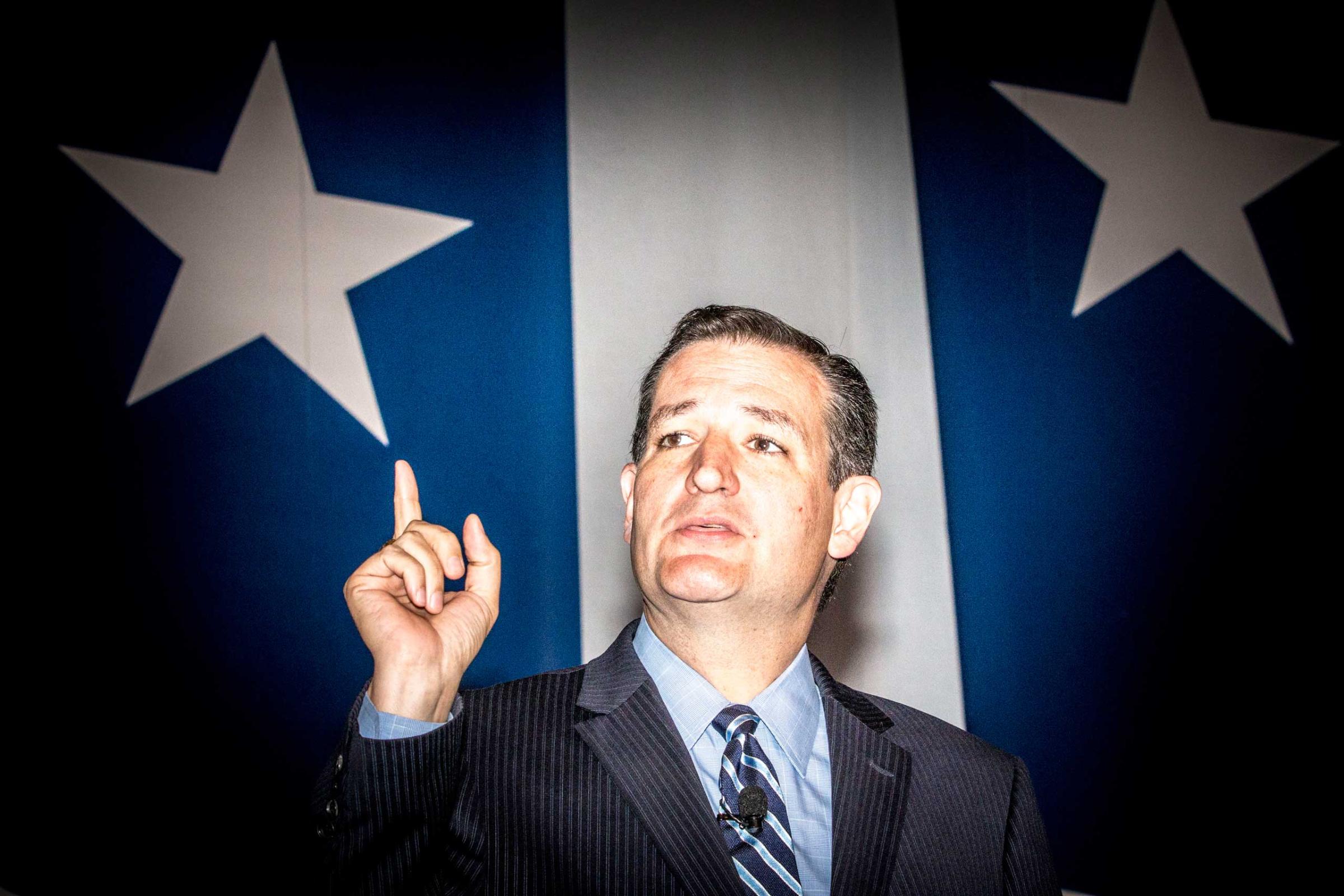

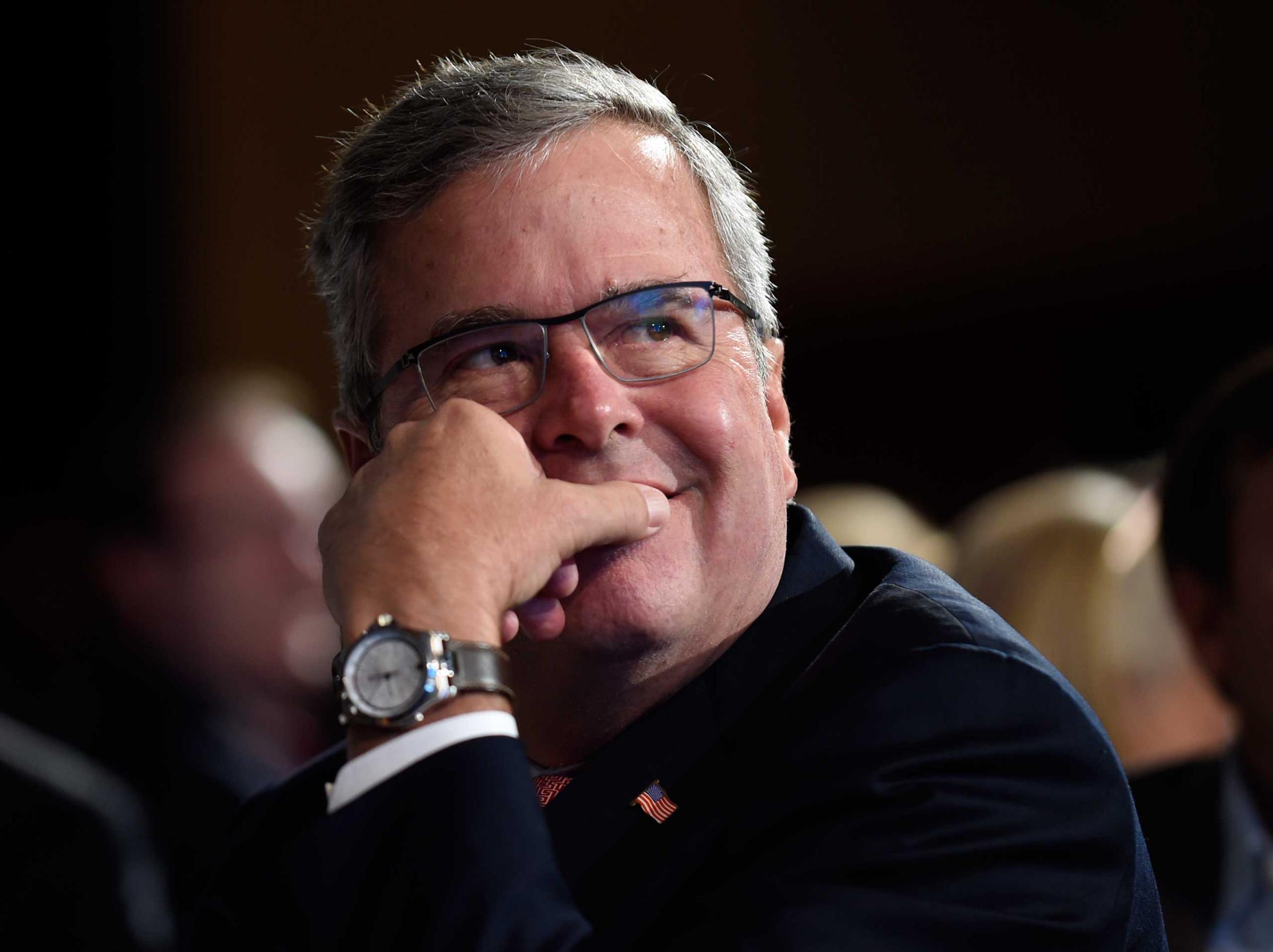
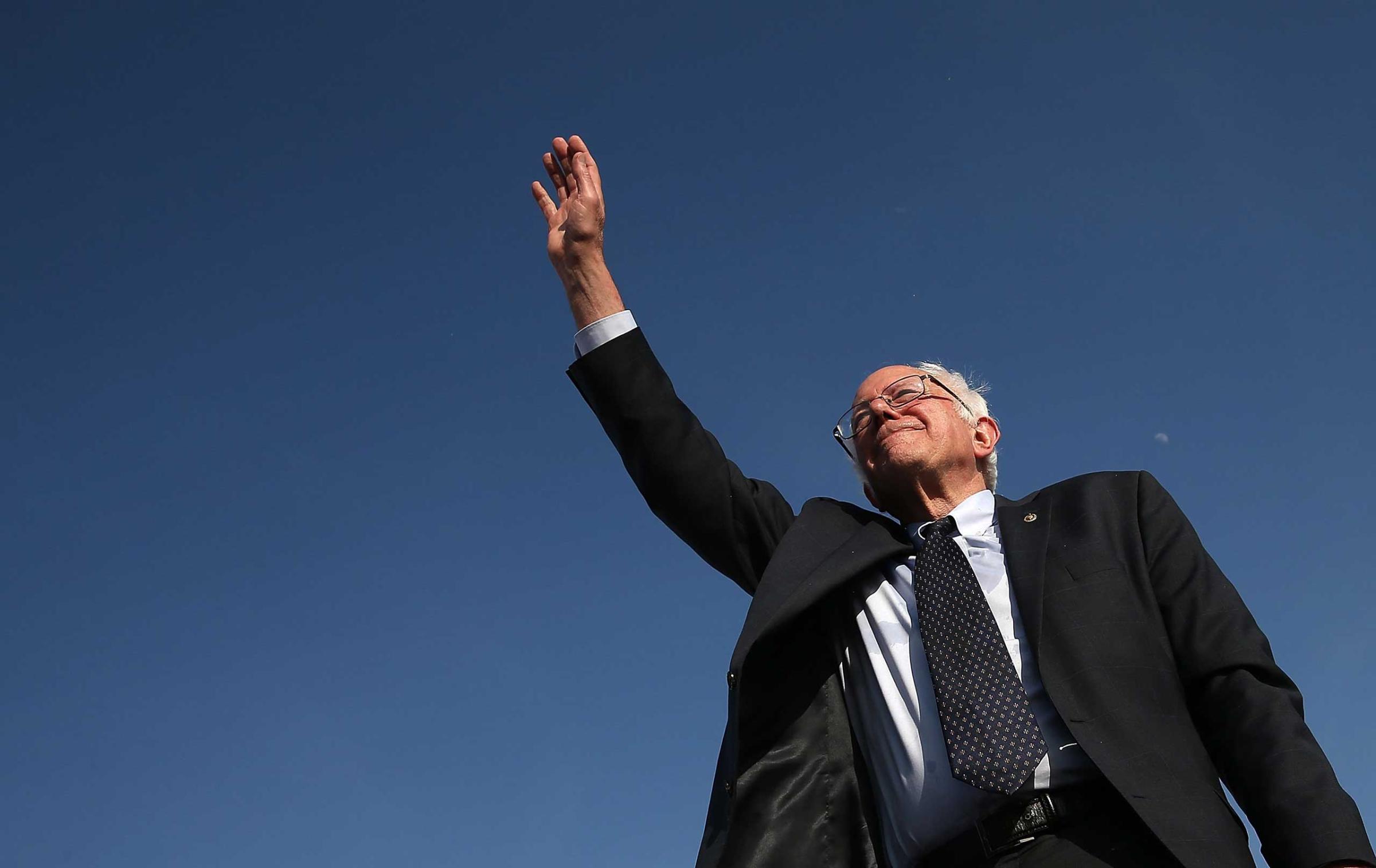
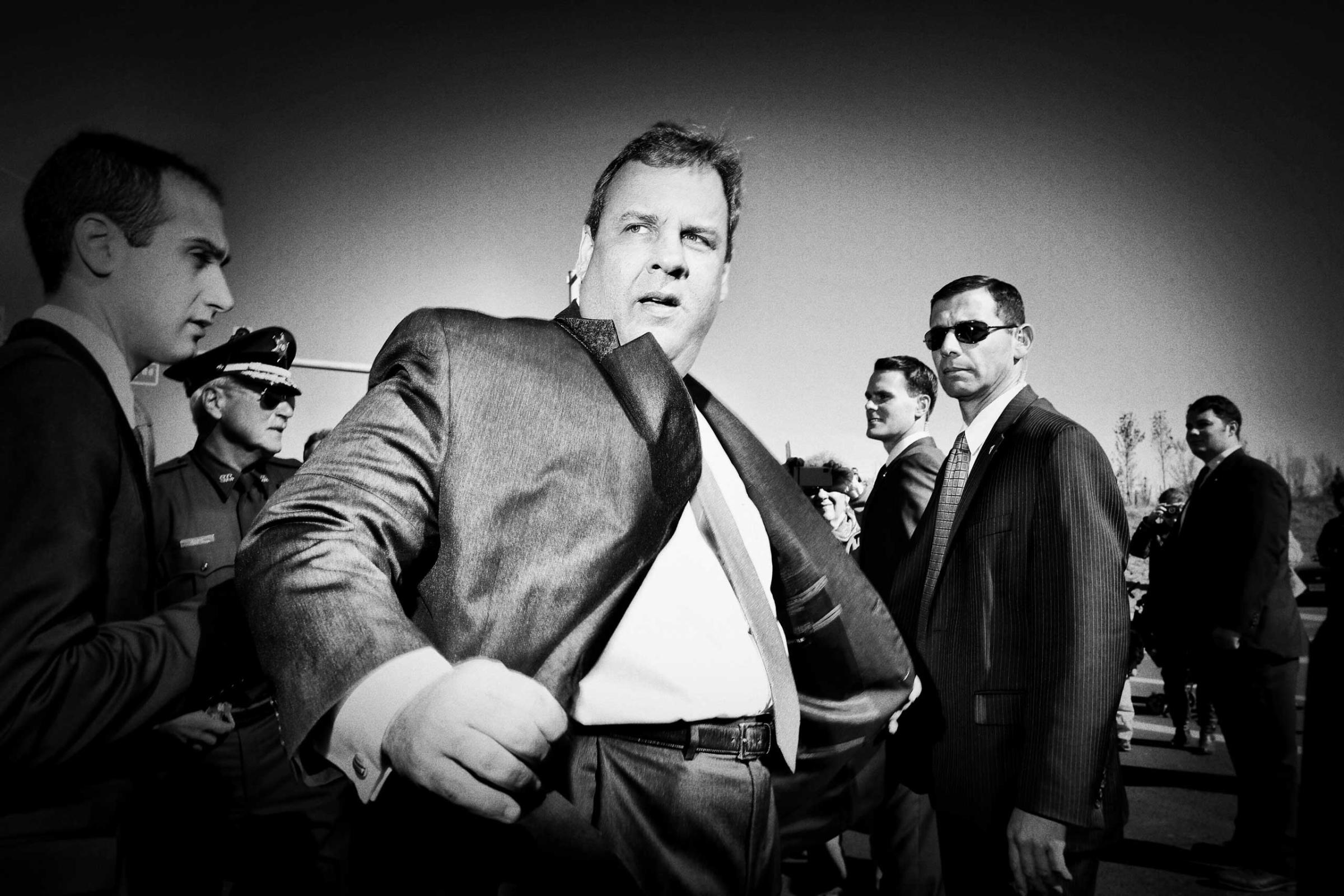
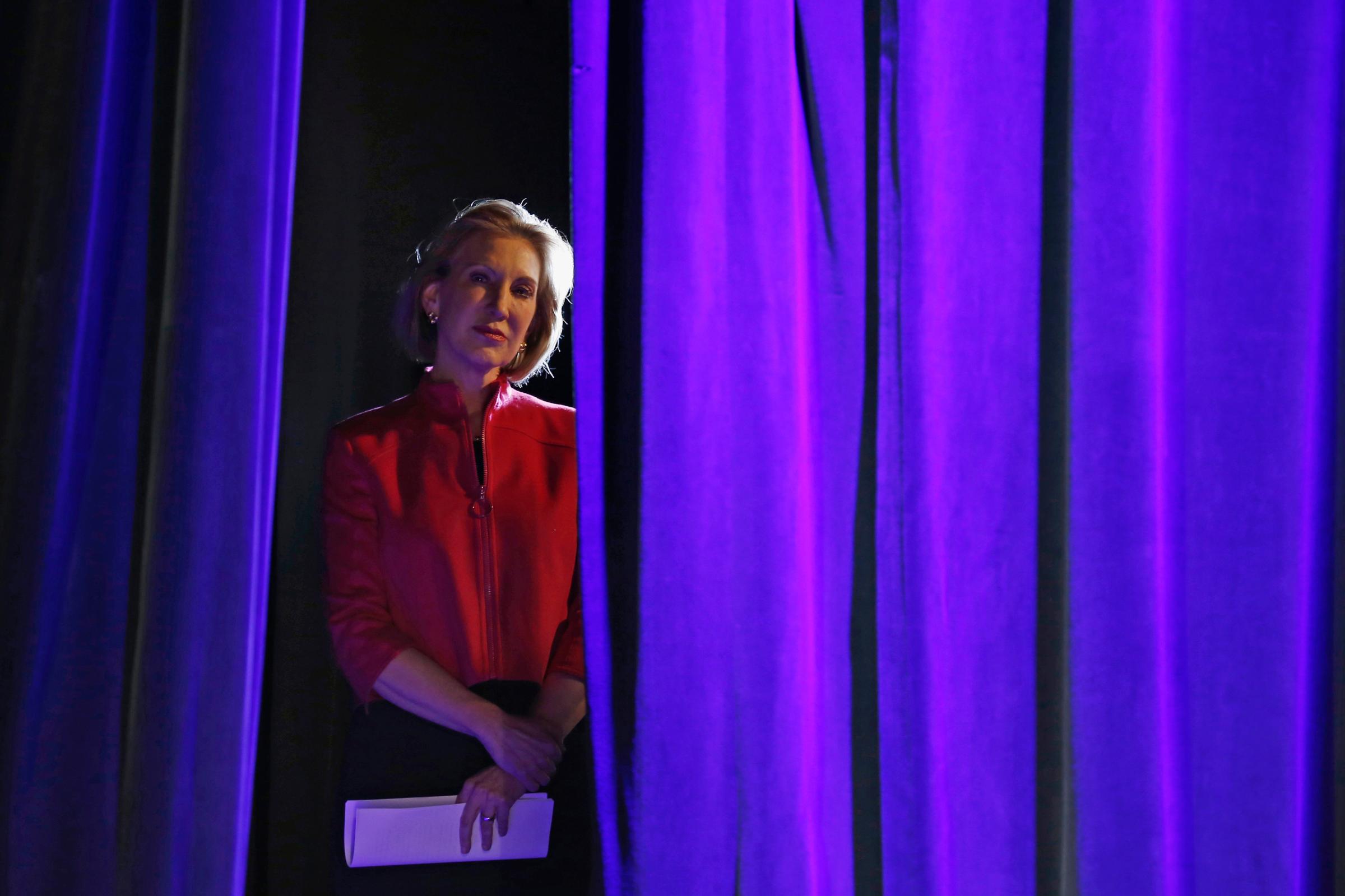


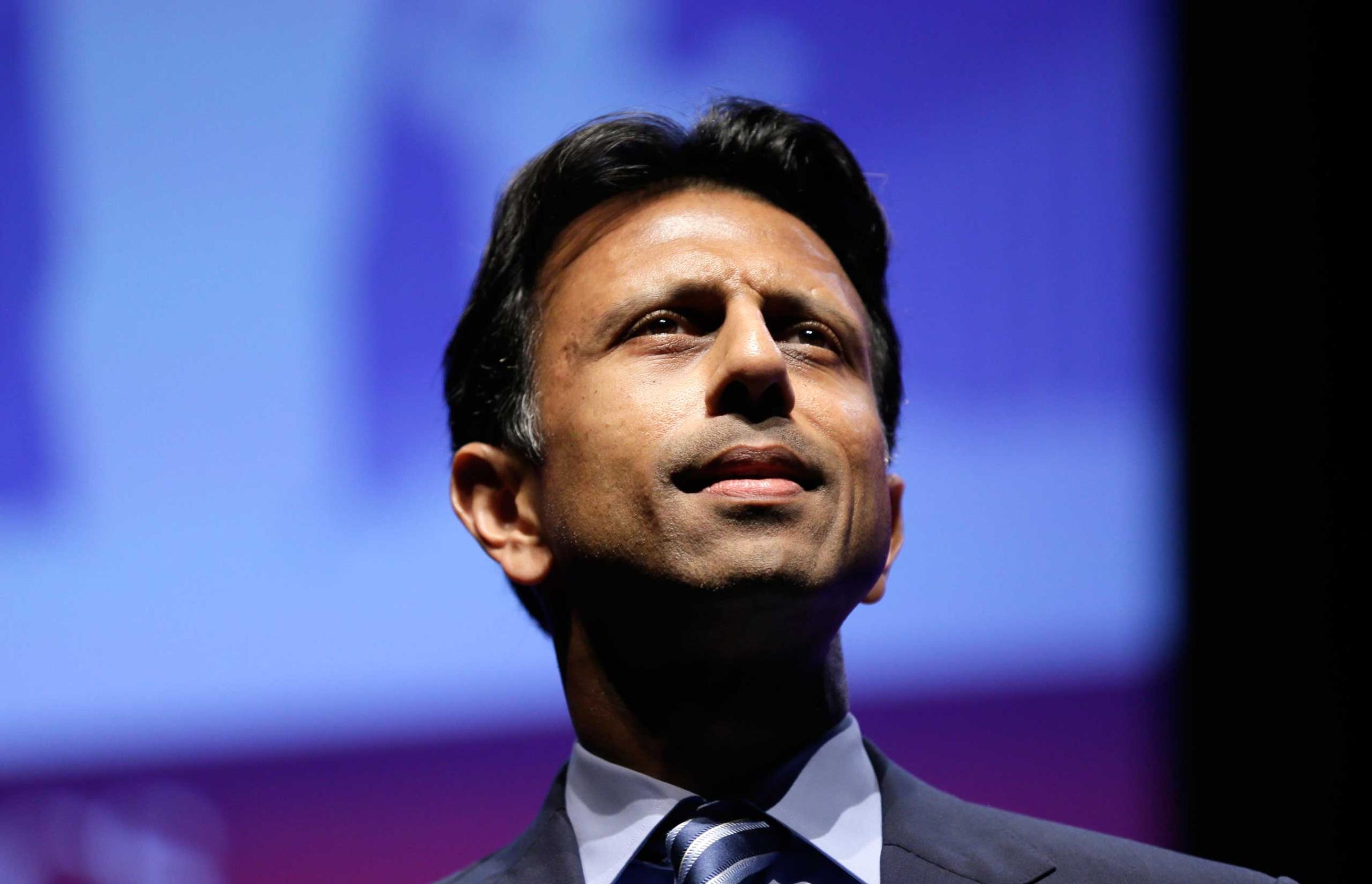
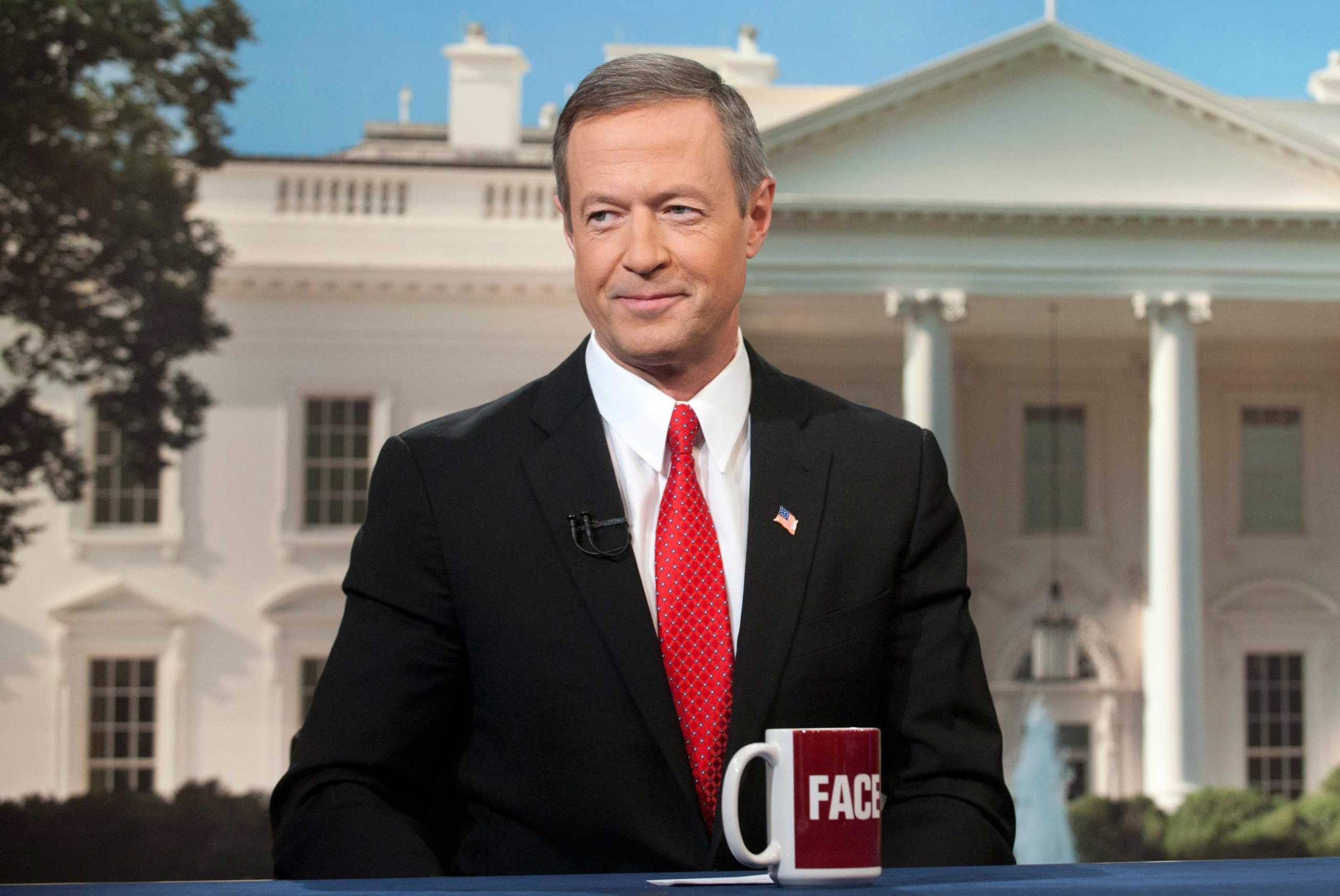
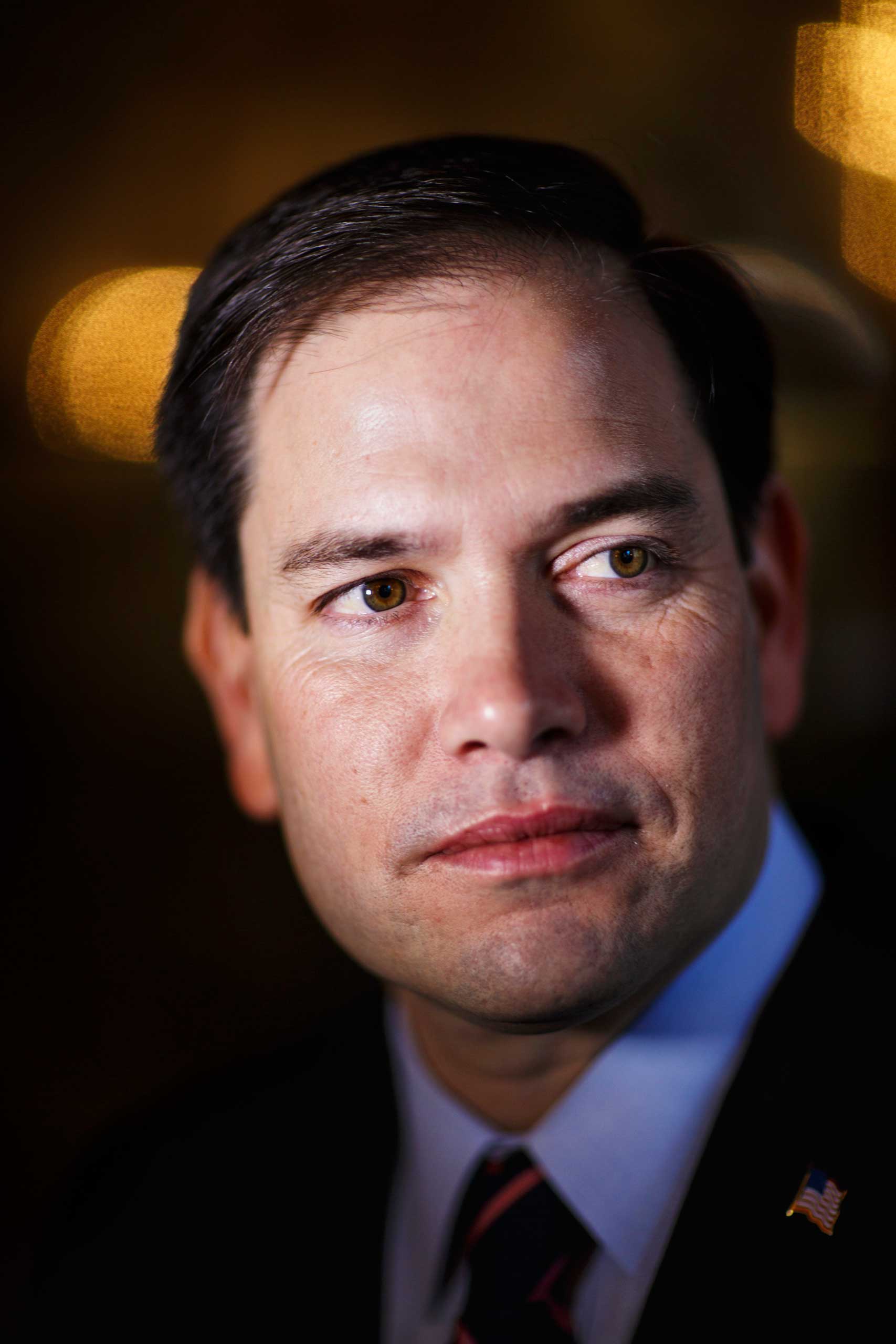
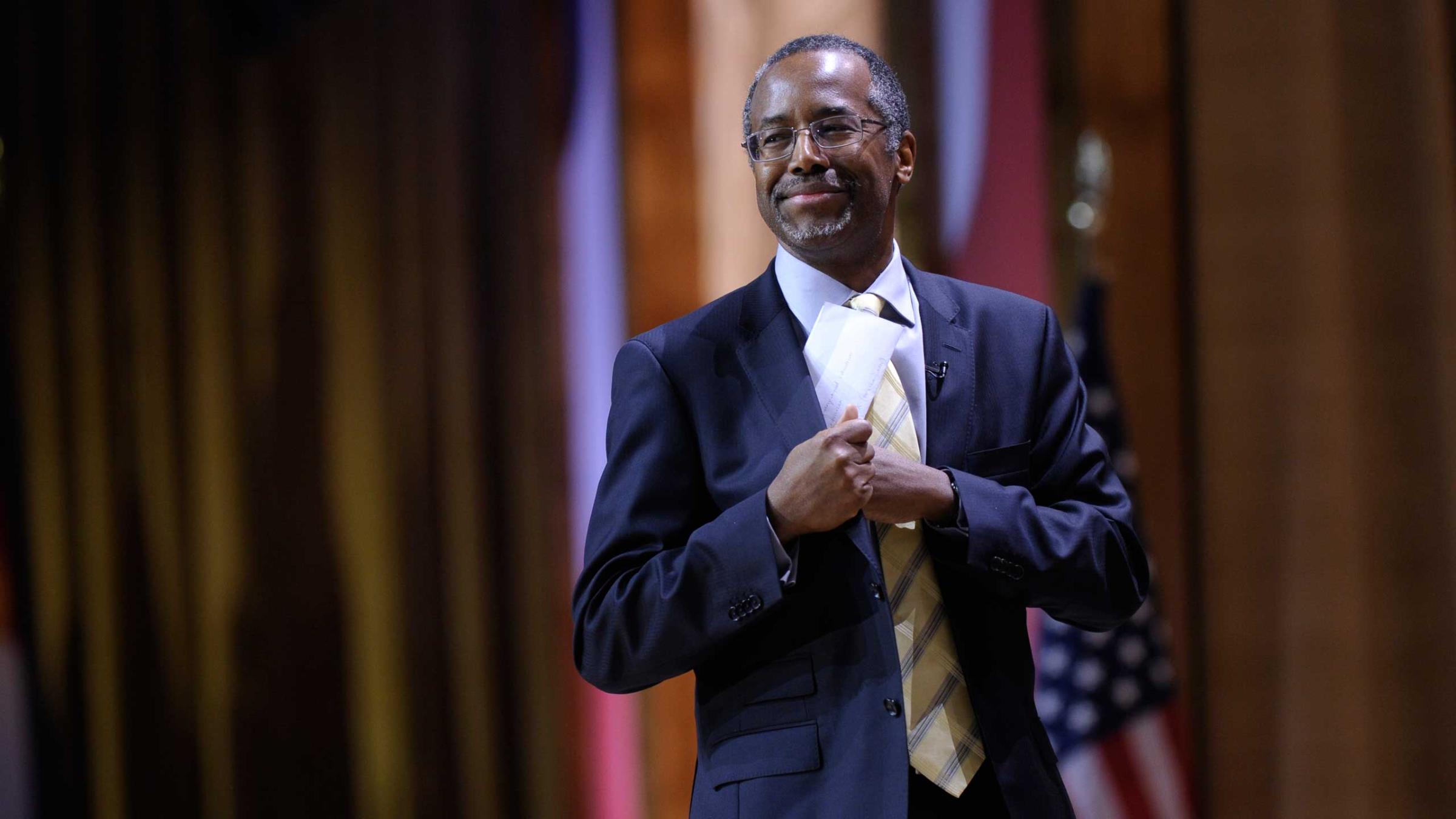
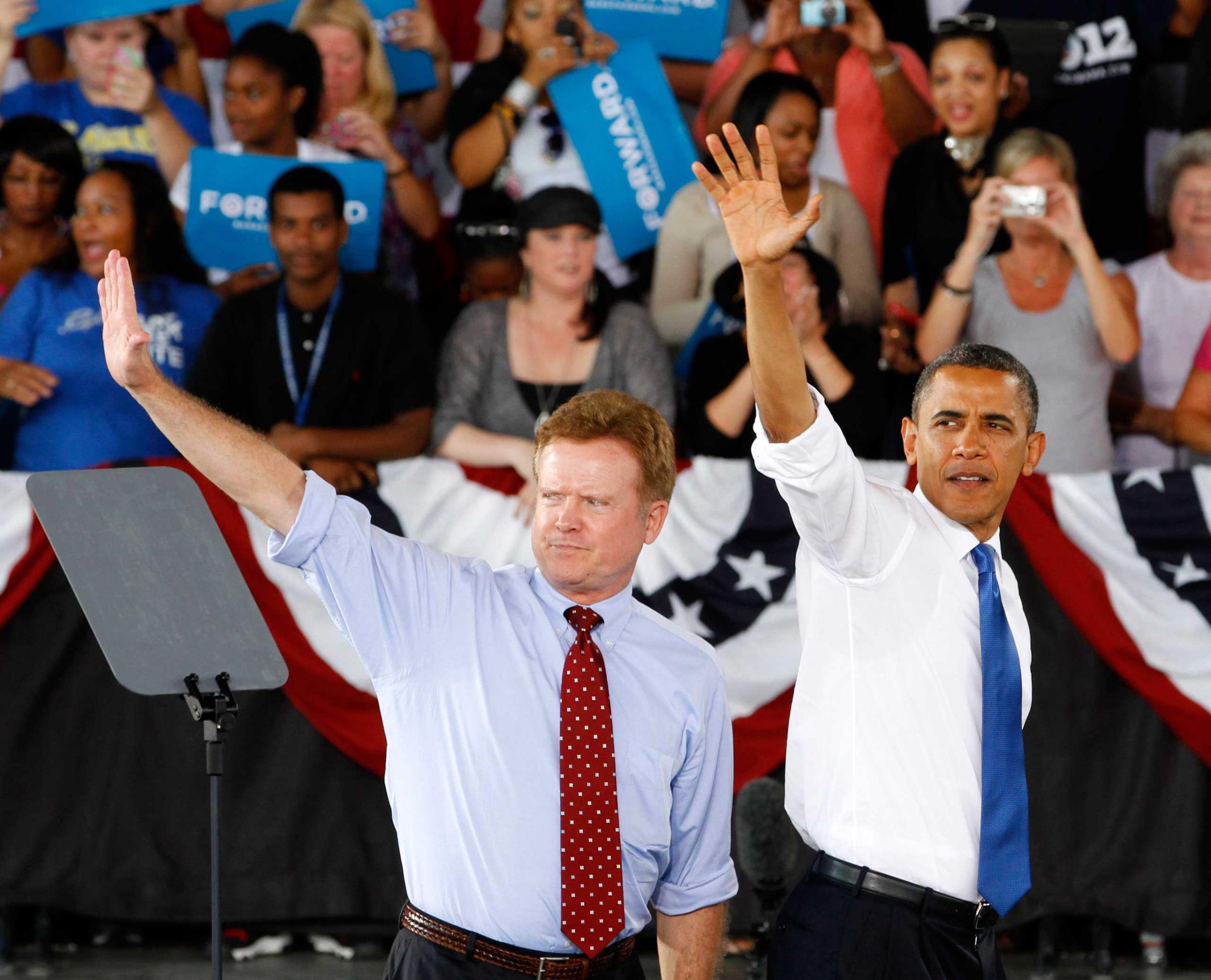
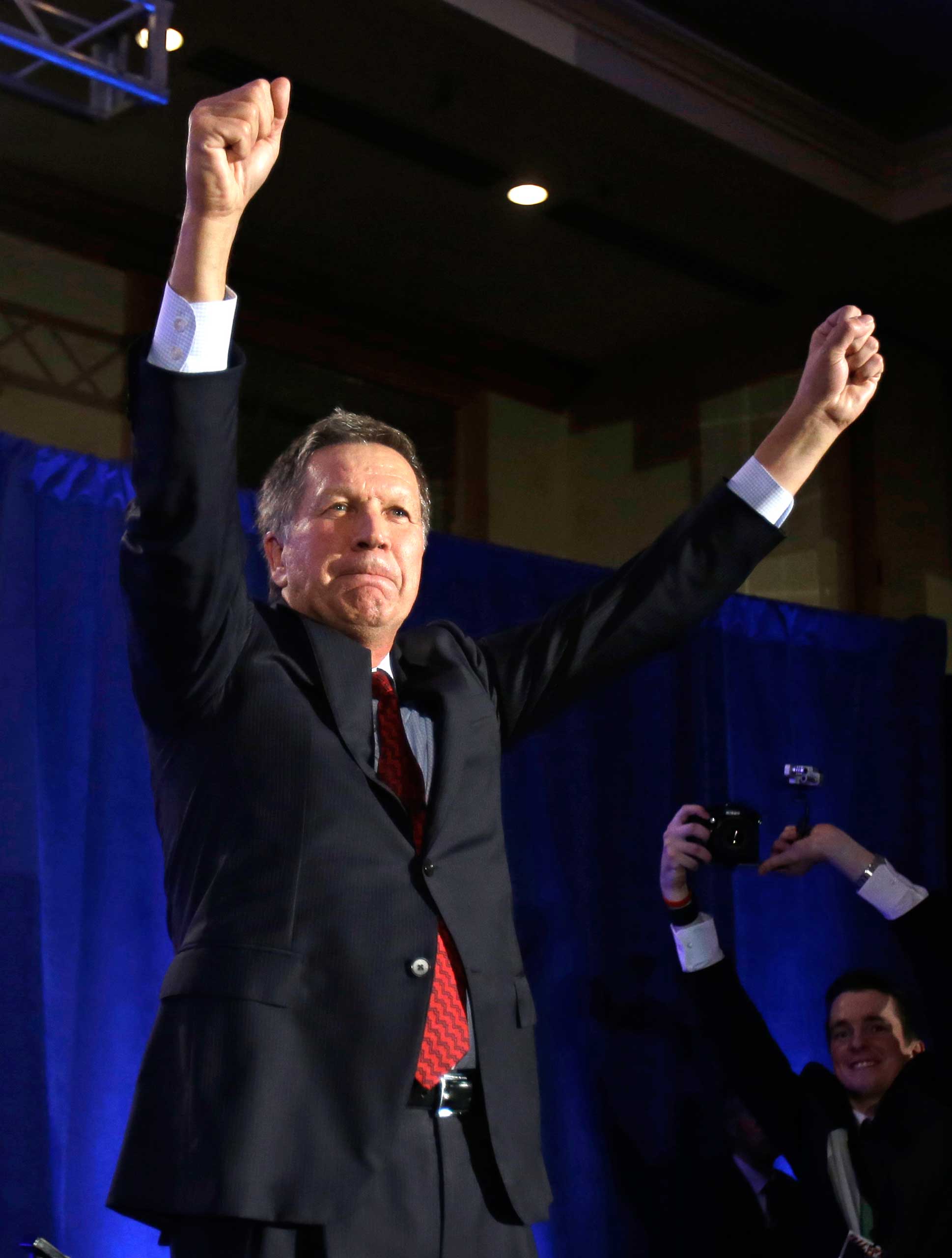
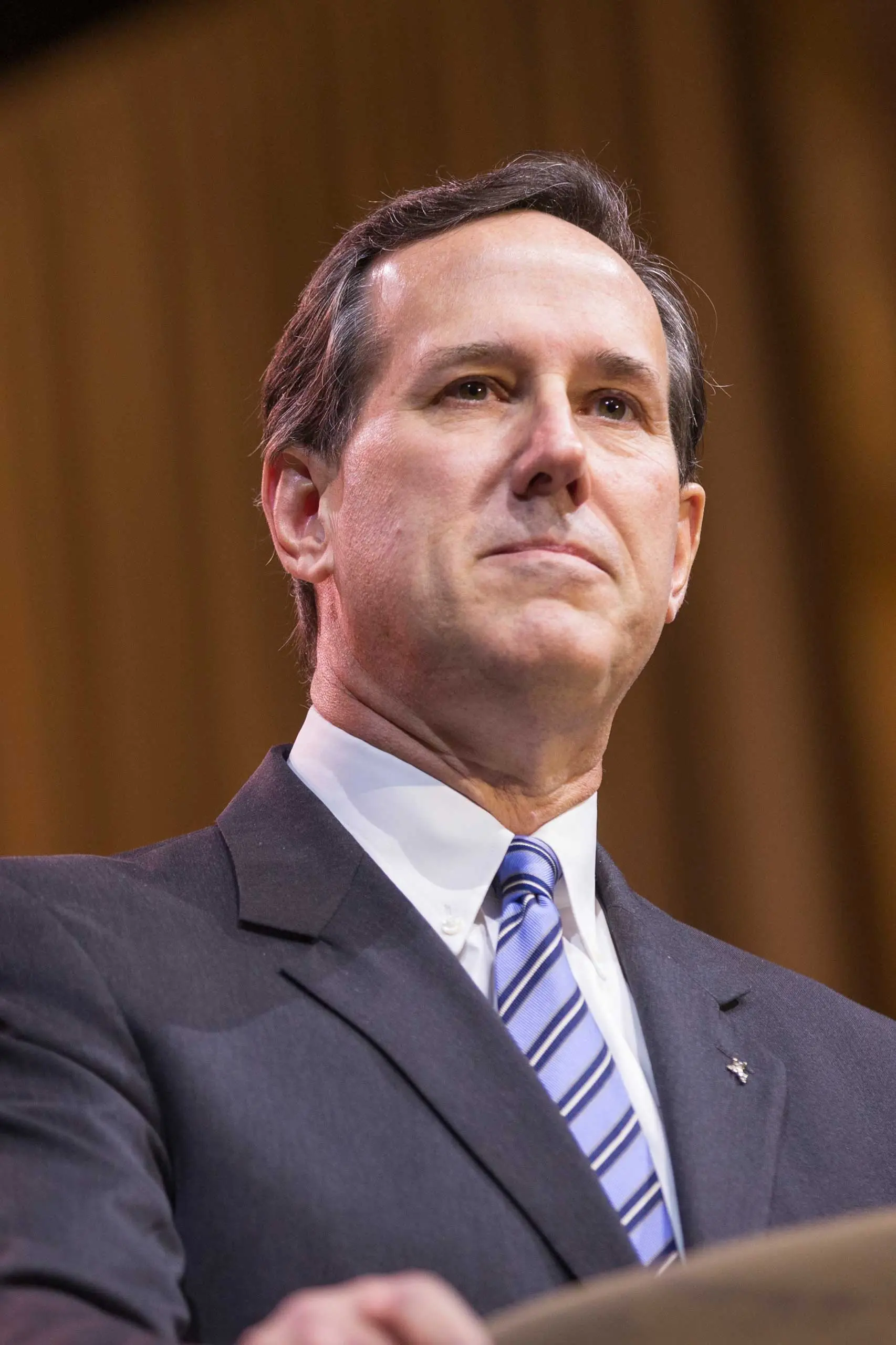
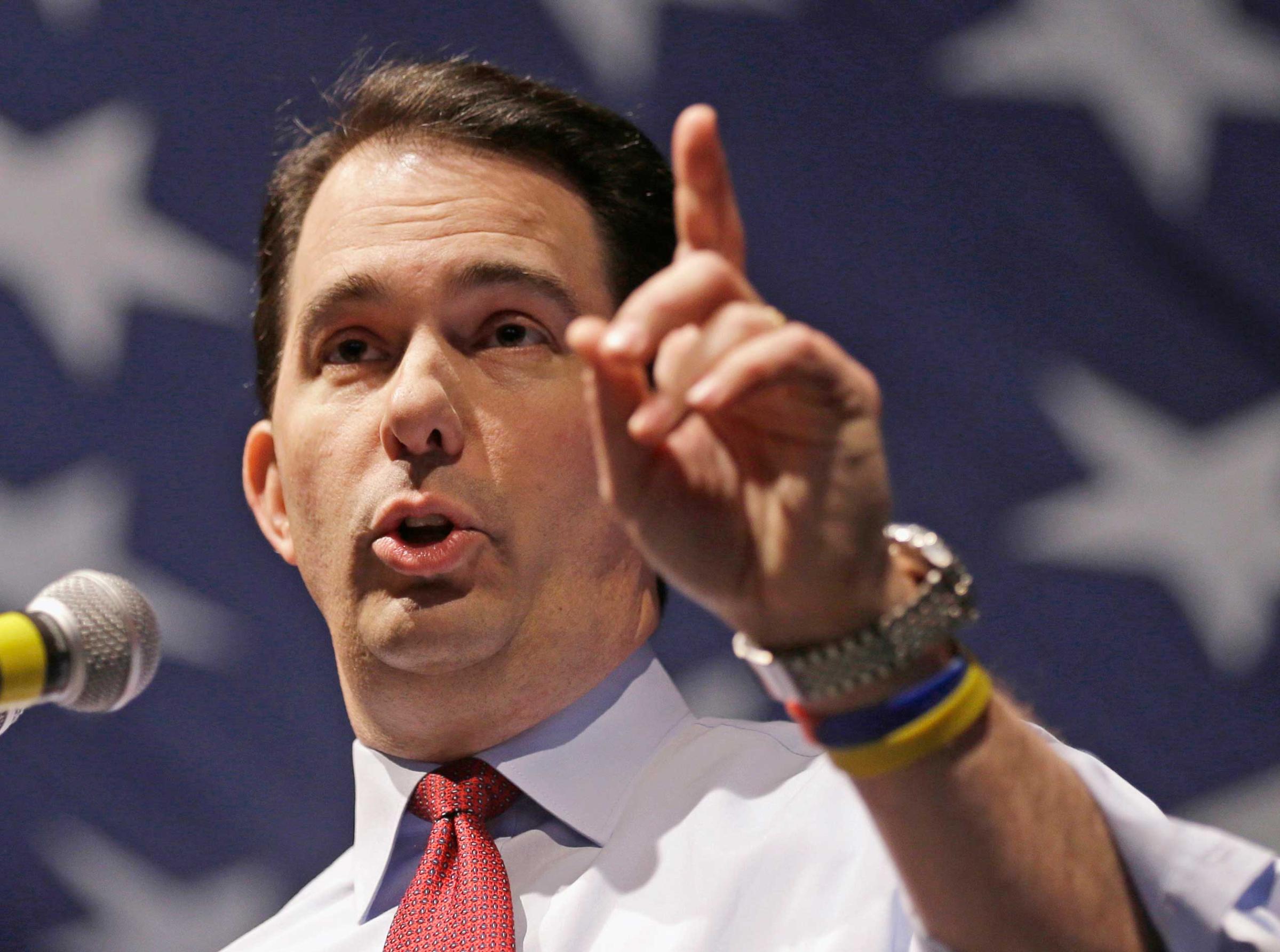

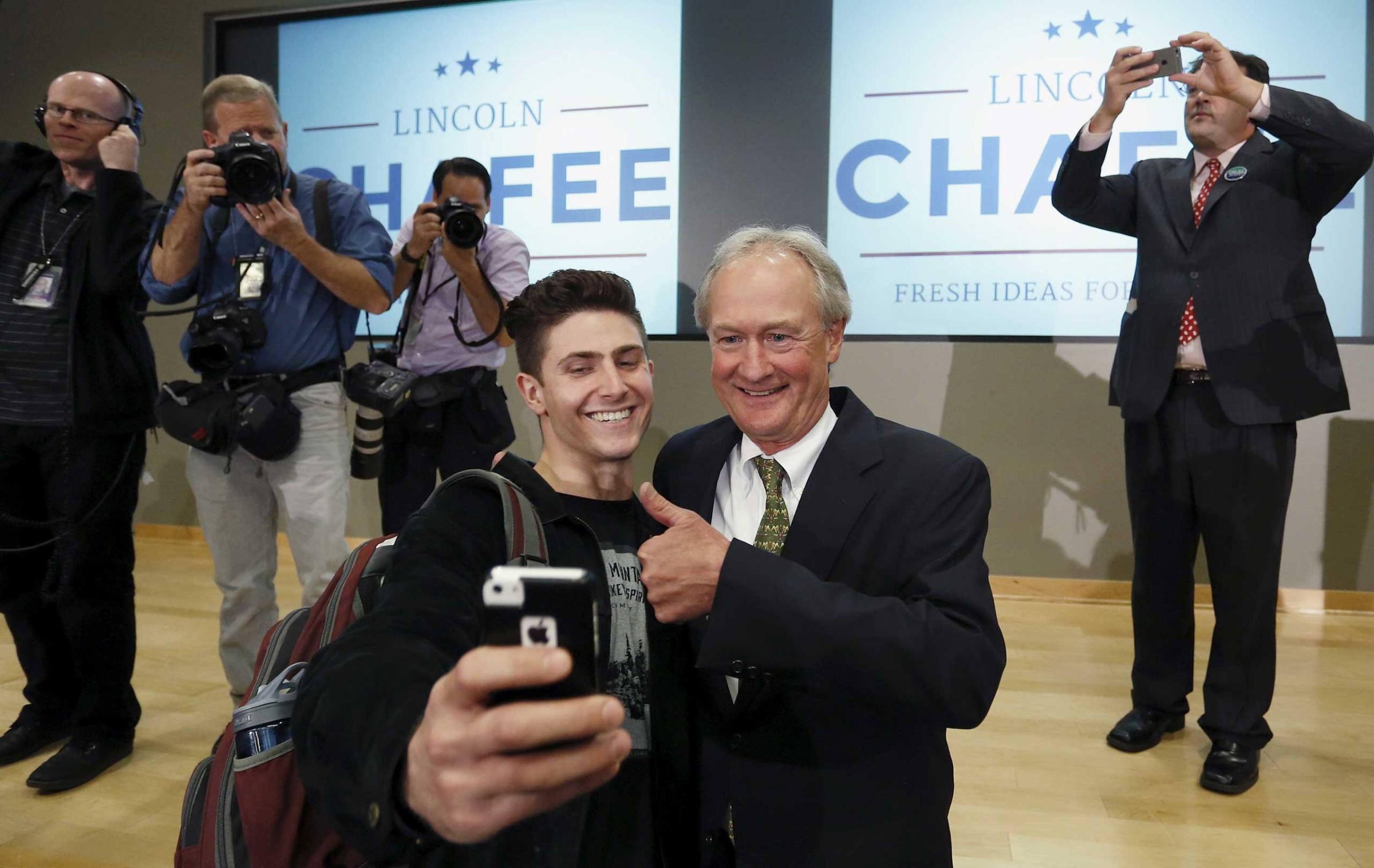
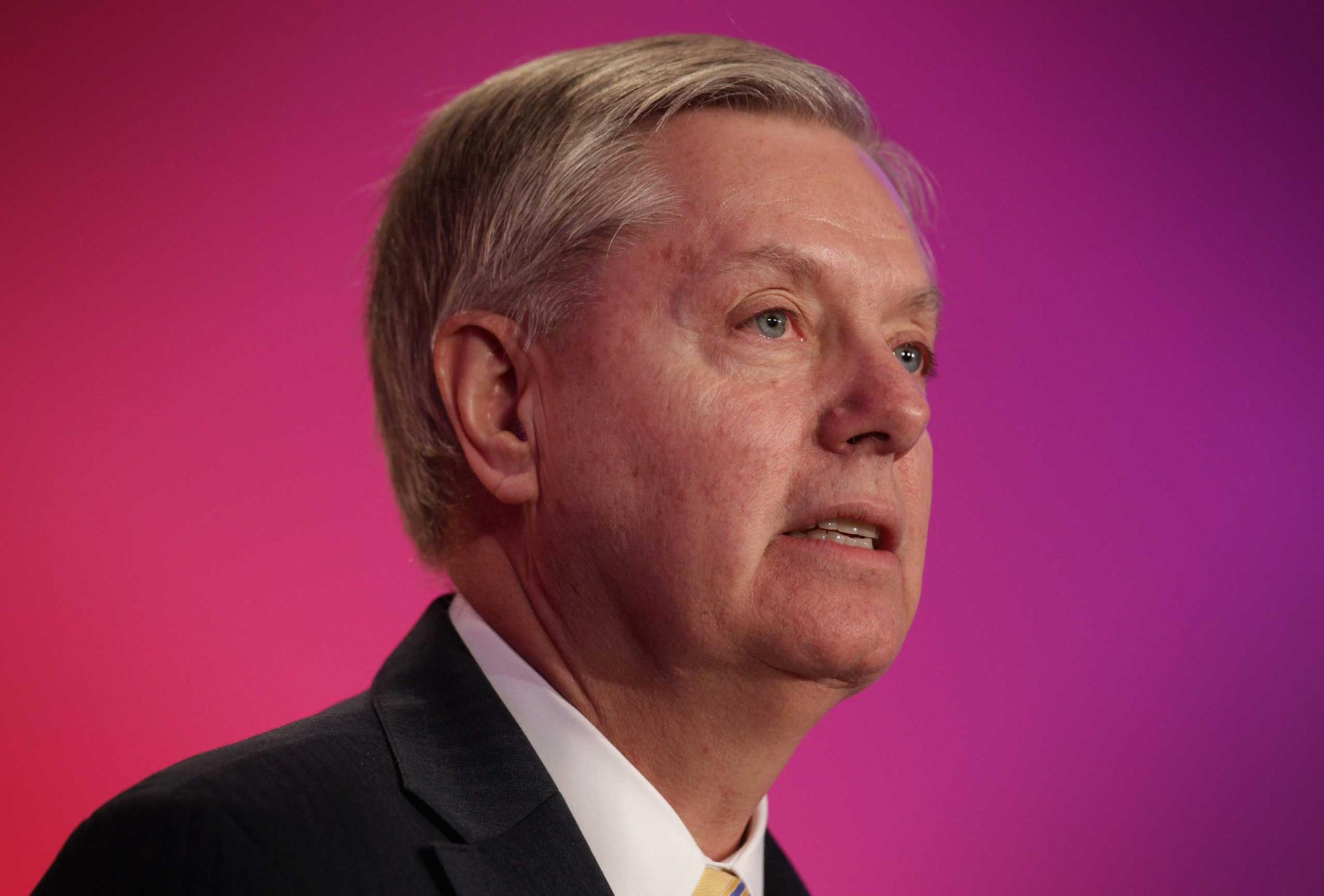
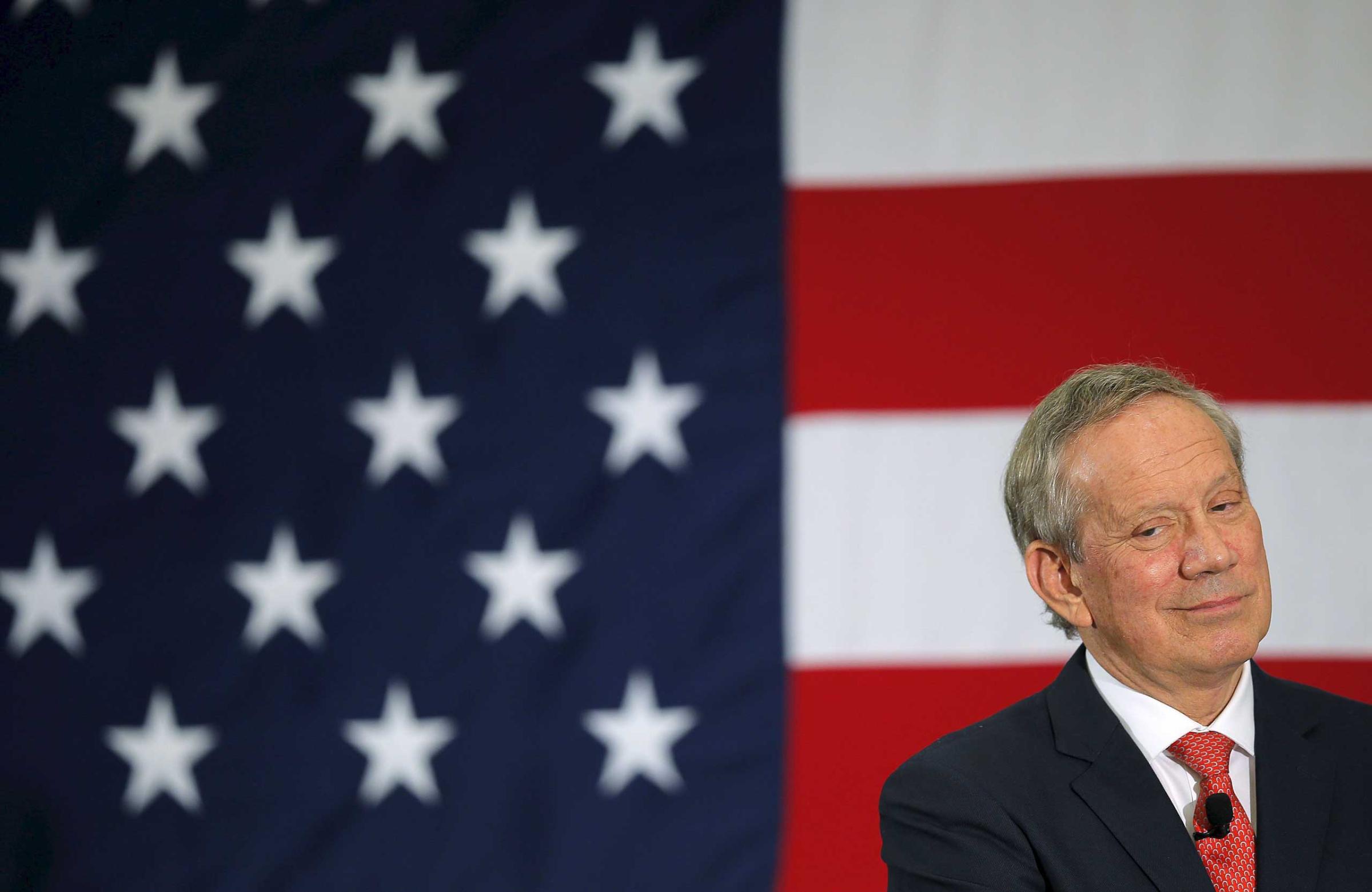
More Must-Reads from TIME
- Donald Trump Is TIME's 2024 Person of the Year
- Why We Chose Trump as Person of the Year
- Is Intermittent Fasting Good or Bad for You?
- The 100 Must-Read Books of 2024
- The 20 Best Christmas TV Episodes
- Column: If Optimism Feels Ridiculous Now, Try Hope
- The Future of Climate Action Is Trade Policy
- Merle Bombardieri Is Helping People Make the Baby Decision
Write to Haley Sweetland Edwards at haley.edwards@time.com